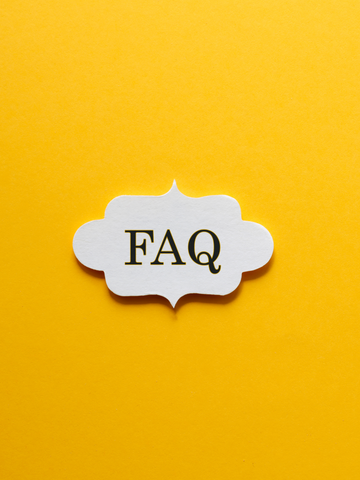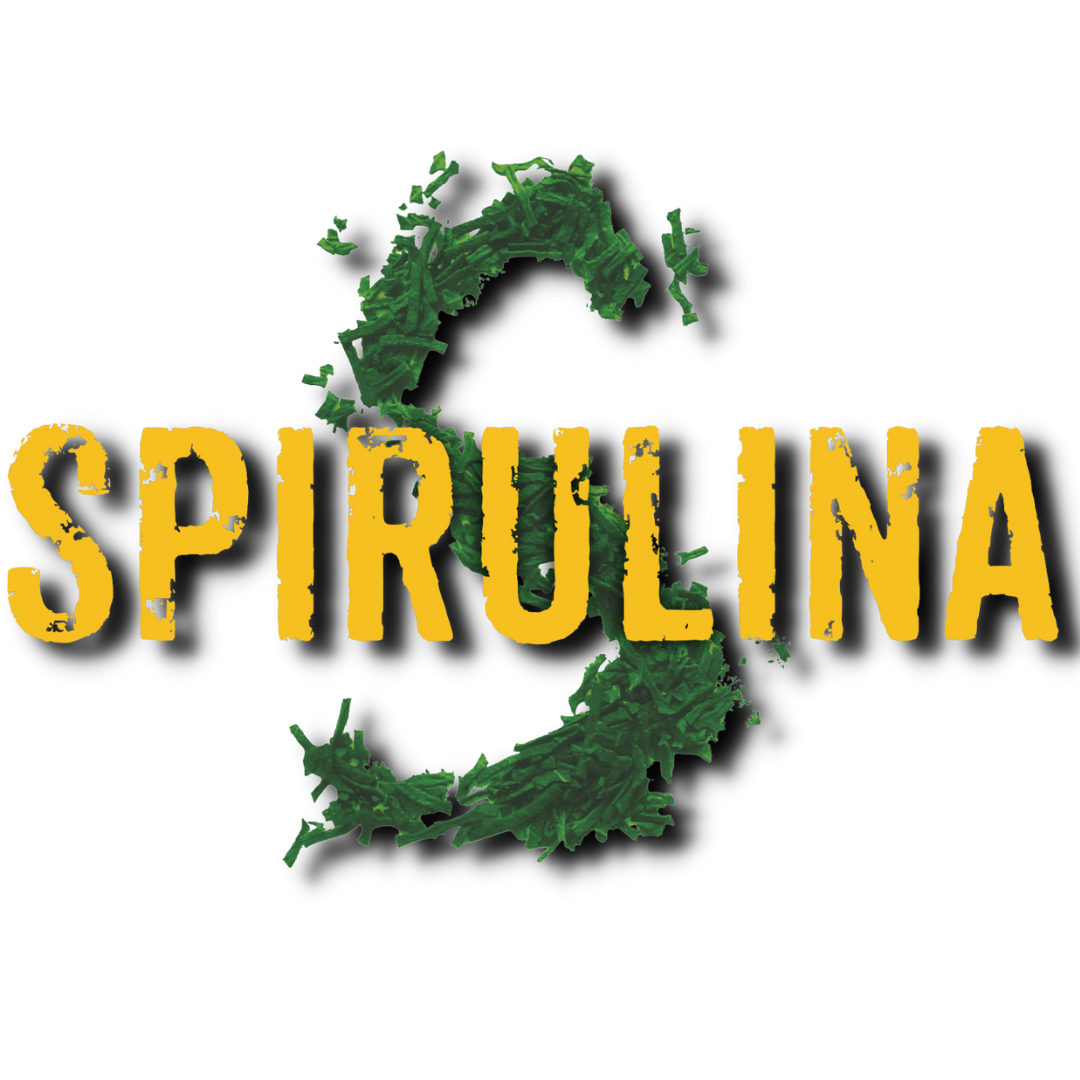FAQ - MOST FREQUENTLY ASKED QUESTIONS
YOUR QUESTIONS, OUR ANSWERS

Is spirulina a supplement? No, Spirulina (Arthrospira platensis) is a fully-fledged food. It is recognized as such by the EFSA (European Food Safety Agency) and for this reason it follows the legislation on food products.
Is spirulina a vegetable? No, it is part of the family of photosynthetic cyanobacteria that arise in fresh water and, just like any plant, it performs the process of chlorophyll photosynthesis, absorbing CO2 to release oxygen. Spirulina purifies the environment in which it is born and grows. This is why it is very important to take a 100% pure Spirulina of safe origin and provenance.
What is the recommended daily dose?
There is no talk of dosage as Spirulina is a real food. Generally the daily dose is 3 gr per day (the equivalent of a soup spoon) although, for those who are at the first intake, it is advisable to start with a lower dosage (1.5 gr - or a teaspoon ). For athletes or for those who follow special diets, even in the context of vegan or vegetarian diets, a higher dosage can be considered (even 6/7 grams per day). In any case, a higher dosage must be combined with adequate hydration given the high protein and vitamin intake of the seaweed.
Does spirulina contain gluten?
Absolutely no. The product is naturally gluten-free. If not, we always recommend checking the labels carefully as it could be a poor quality spirulina.
Does spirulina make you lose weight?
Generally it is not considered a slimming product, but being low in sugars and calories and containing all the essential amino acids, including phenylalanine (which acts directly on the nervous system inducing a sense of satiety), it is supportive in weight loss diets. It should be remembered that it is a detox superfood and as such cleanses the body of heavy metals, facilitating digestion and accelerating metabolism.
Does spirulina contain iodine?
Our Spirulina is grown in fresh water, well water, microbiologically pure and ozonated, free of iodine. For this reason it can also be taken by those with thyroid problems. In any case it is always recommended to start with a lower dosage than recommended to see how you are. Spirulina also grew in nature and in ancient times in the fresh waters of alkaline and volcanic lakes in Central America and Central Africa.
Can it be taken by hypertensive and diabetic people?
Medical and academic studies show that Spirulina helps reduce hypertension and control blood glucose levels in hypertensive and type 2 diabetic subjects.
Spirulina normalizes cholesterol levels by lowering the levels of LDL (bad cholesterol), triglycerides and increasing the level of HDL (good cholesterol); it reduces blood pressure, keeps blood sugars under control and can be a valid nutritional support to combat anemia.
Does it prevent cardiovascular risks?
Studies show that in addition to having a hypotensive action, spirulina also has a hypolipidic action. It also counteracts arterial hypertension by helping to dilate blood vessels.
Can it be used during pregnancy / breastfeeding?
Spirulina is proven to be a 'panacea' even for pregnant women. Strengthens the bones and prevents anemia and fatigue.
The numerous proteins of the seaweed also offer additional nutrition for the fetus.
This superfood is also particularly suitable in the postnatal and lactation period.
Can it be taken together with your own medicines or in case of pharmacological therapies?
Spirulina is a highly energizing and detoxifying food and as such, it can prove to be a valid help. In any case, it is always advisable to consult your doctor before taking, as he is aware of your personal medical situation.
Can it be given to children?
There are no contraindications. Our spirulina is a good source of nutrients for the development of a healthy baby as well as a developing fetus. However, it is advisable to consult the pediatrician who knows the medical history of the child. In any case, the correct dose for children should not exceed more than 2 grams per day.
Can supplements be taken together with spirulina?
Being a complete food, it is not necessary to take additional vitamin and / or mineral salt supplements if you habitually consume spirulina.
Who is the use of spirulina recommended for?
The consumption of spirulina algae is recommended for anyone who wants a good nutritional balance and stay healthy. Today's diet is poor from a nutritional point of view. For this reason, our spirulina makes it possible to compensate for the lack of vitamins, mineral salts, proteins and other essential nutrients. Suffice it to say that Spirulina, in addition to being one of the oldest foods in the world (with its 3.5 billion years) is also the most complete food on the planet which, for quantity and quality of nutrients, can only be compared to milk. maternal.
Who is not recommended to use spirulina?
People who use anticoagulant drugs should pay attention to the use of spirulina because the vitamin K contained in it could counteract the effect of the drug; even people with phenylketonuria should pay attention to the use of spirulina because it contains phenylalanine. It is always recommended to consult your doctor who knows your medical history.
Why use SpirulinaFarm's spirulina?
Our Spirulina grows in a natural environment, but protected, controlled and isolated from contamination, in the heart of the Tuscan Maremma, in the lagoon oasis of Orbetello. The harvest is the result of an artisanal process, done with care and passion, and the drying takes place at a low temperature (below 45 °) in order to maintain the nutritional characteristics and organoleptic properties unaltered.
Our product is 100% pure and Italian, tasty and healthy, vegan and cruelty free with zero impact on the environment. Our company is eco-sustainable and open to visitors every day. Everything we do with love and care, day after day, we do it in the name of authenticity and transparency.
